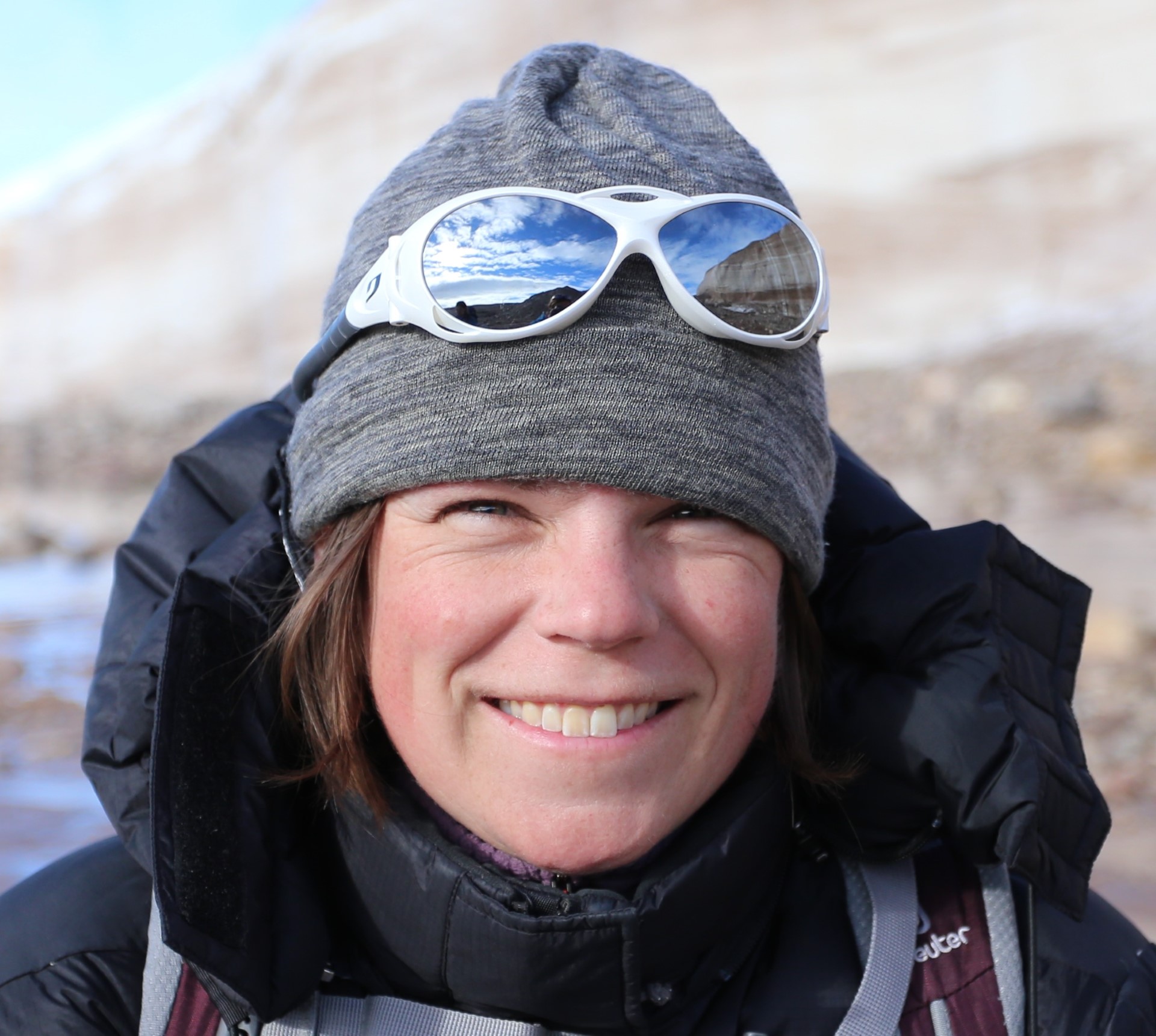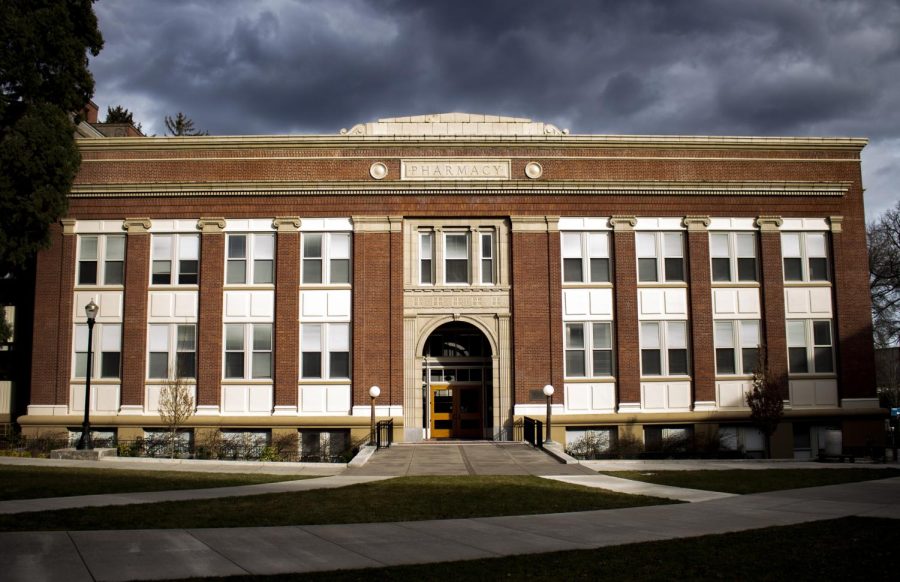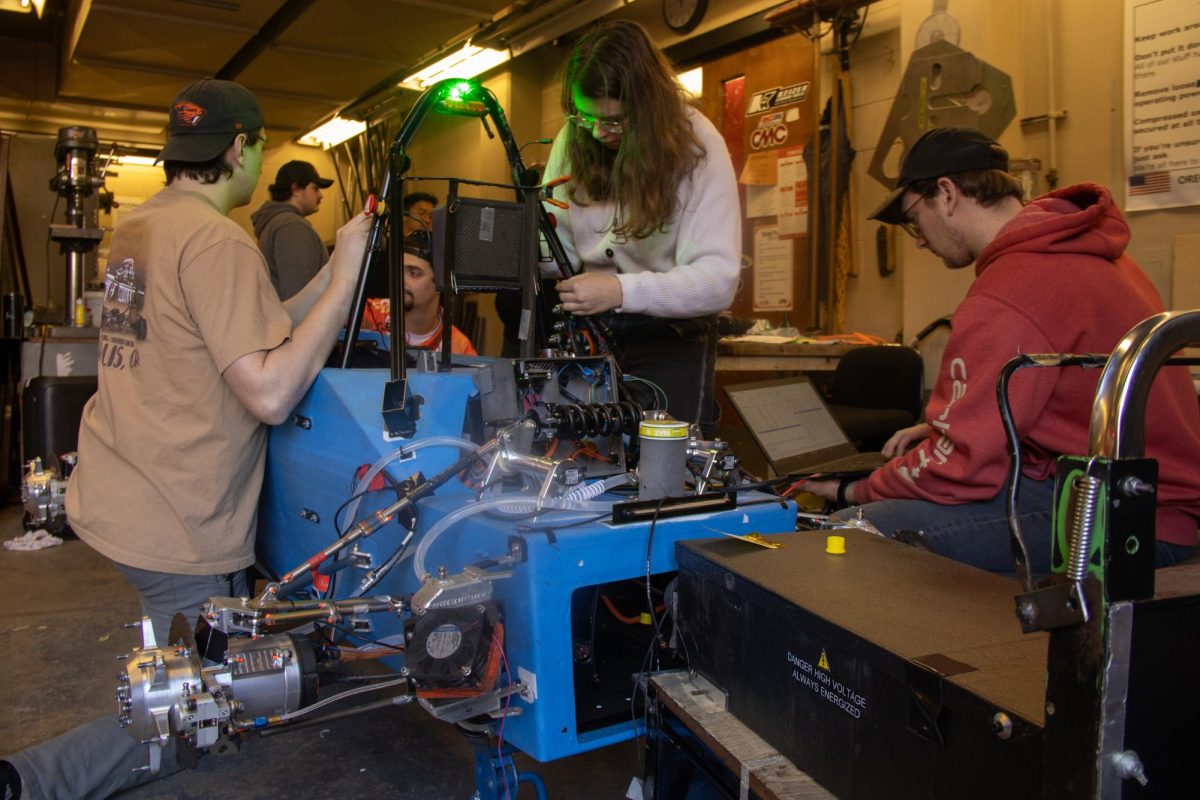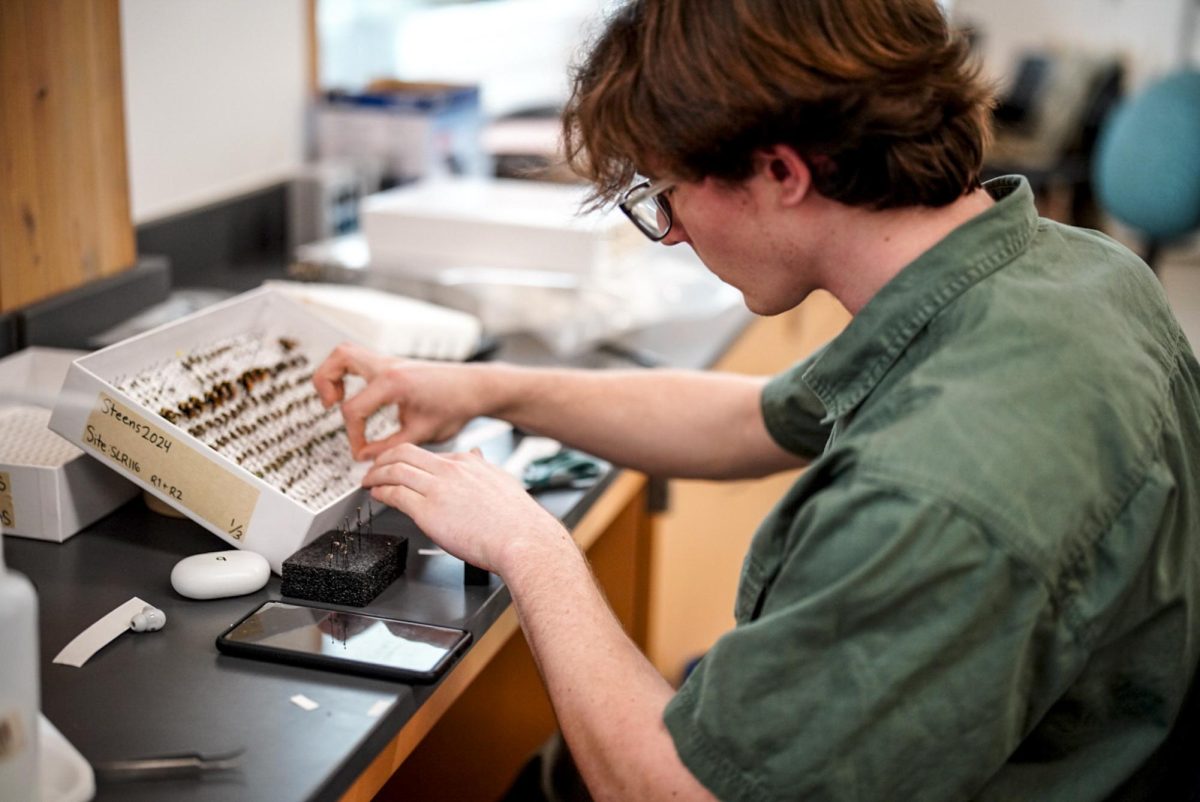What first began as studying Alaskan glaciers in McCarthy and Wrangell, and lake sediments in the Andes, soon turned into a fascination with the environment and climate for Julia Rosen.
After completing an undergraduate degree at Stanford University, complete with an honors thesis, and a Ph.D. at Oregon State University studying glaciers, Rosen was yearning for a change.
Edward Brook, Rosen’s Ph.D. mentor and a distinguished professor of earth, ocean and atmospheric sciences at OSU, was thrilled to see Rosen pursue writing.
Since stepping into the world of journalism, Rosen has been published in major newspapers and magazines, and is currently working on her biggest project yet: a book on grass.
“Some people might wonder if scientists feel bad if their students don’t end up being scientists, but it’s quite the opposite,” Brook said. “Having somebody who’s so good at understanding science and how it works, and writing about it? That’s absolutely awesome.”
Brook said he was always amazed at how bright Rosen was when she was working with him. She was quick to pick up material, a fascinated learner and was always driven, according to Brook, who thought that she would exceed expectations in the writing world.
With her own food blog and an internship at Earth magazine under her belt, Rosen began a fellowship position at the LA Times through The American Association for the Advancement of Science after finishing her Ph.D.
“It was a super steep learning curve,” Rosen said. “One really interesting thing that I remember from that experience, was talking with some of my colleagues on the science desk (and) some of them had been war correspondents.”
Although she felt out of her comfort zone, the fellowship was made for new journalists like herself that had an interest in transitioning to writing.
“What really hooked me on (journalism) was realizing it was still rooted in this curiosity that has led me to science, but approaching it in a different way,” Rosen said.
Rosen discovered that the love for finding out new things and solving problems could be transferred to an entirely different field, and admittedly transferred rather well.
“I think as a scientist, you have your curiosity. You have your sort of skepticism, which I think is healthy for a journalist. You have an ability to read technical material, although to some degree that’s limited,” Rosen said.
Using that scientific background allowed her to write stories focusing on those more complicated subjects for Science and Nature, Earth and American Geophysical Union magazines.
“I really was writing for places that were science outlets. And then I just sort of gradually started pitching more general interest places, with longer stories,” Rosen said.
Rosen has published many articles with the New York Times, including a picture book style multimedia piece that explains climate change to kids, and the rest of the world. She has also written for The Atlantic, Hakai Magazine and High Country News, among others.
Rosen is currently working on a book about grass, and the relationship between humans and nature. It was inspired by an article she wrote for The Atlantic, following the interwoven history of people and grass.
“Some people get into journalism because they like writing, but it’s really about asking questions,” Rosen said. “The superpower of a journalist is getting people to talk to you.”
That is a skill that she noticed suited her well in both fields, and made that transition easier.
“It’s really important for us to know what’s happening, but I also felt like there was so much that needed to happen outside the purview of science,” Rosen said. “I felt like that was a place where my skills could really help.”







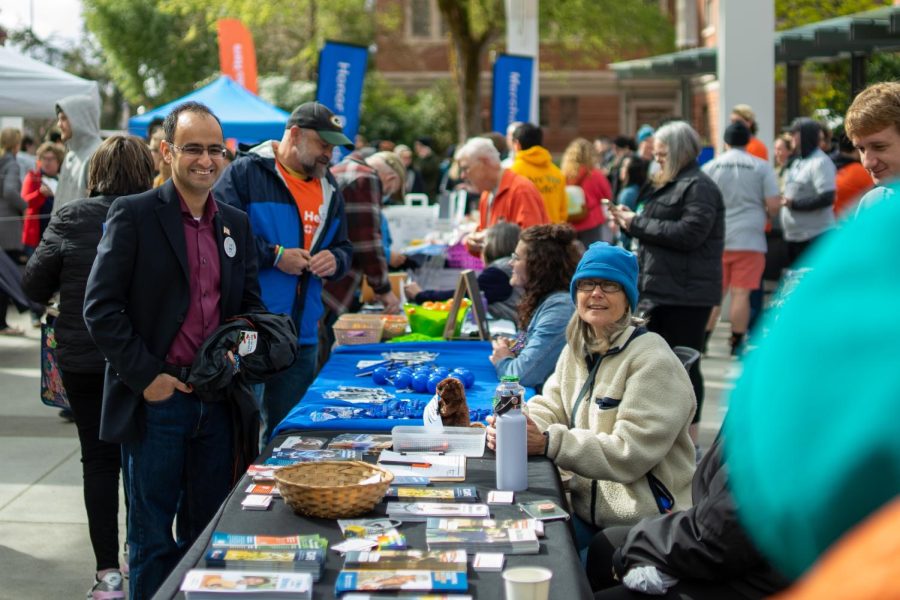

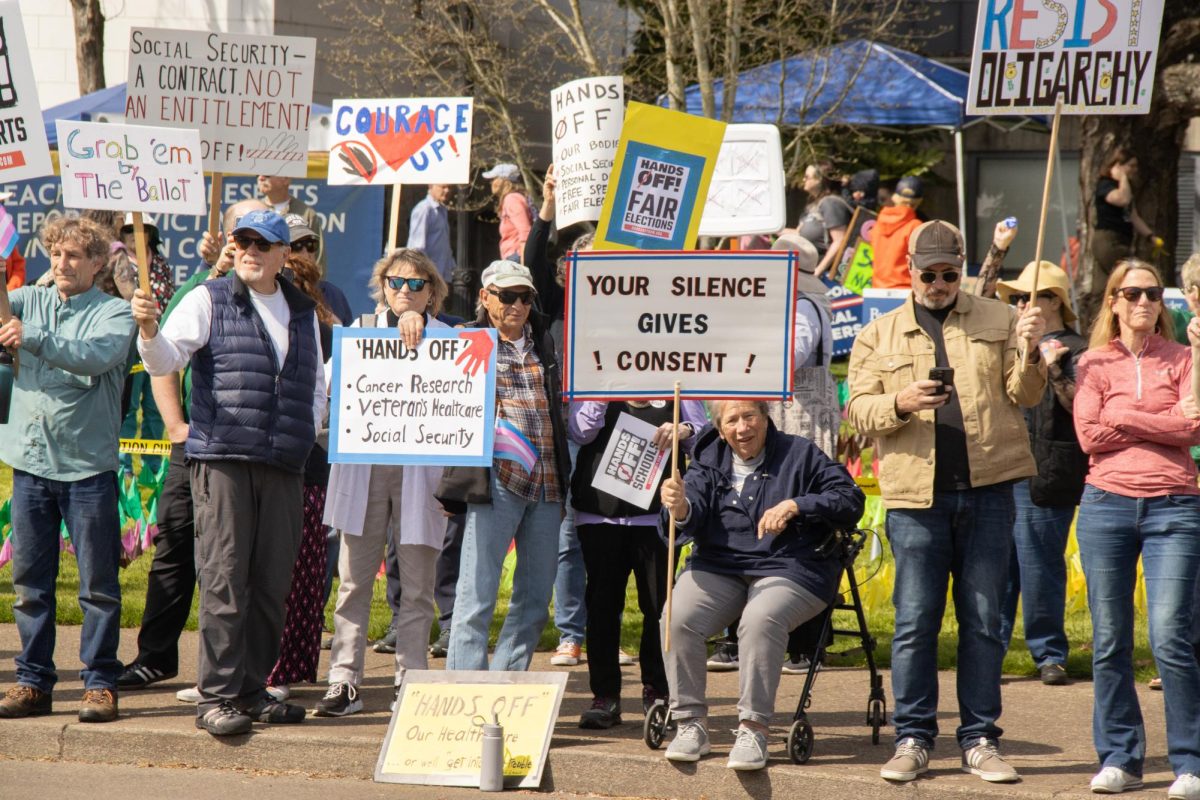

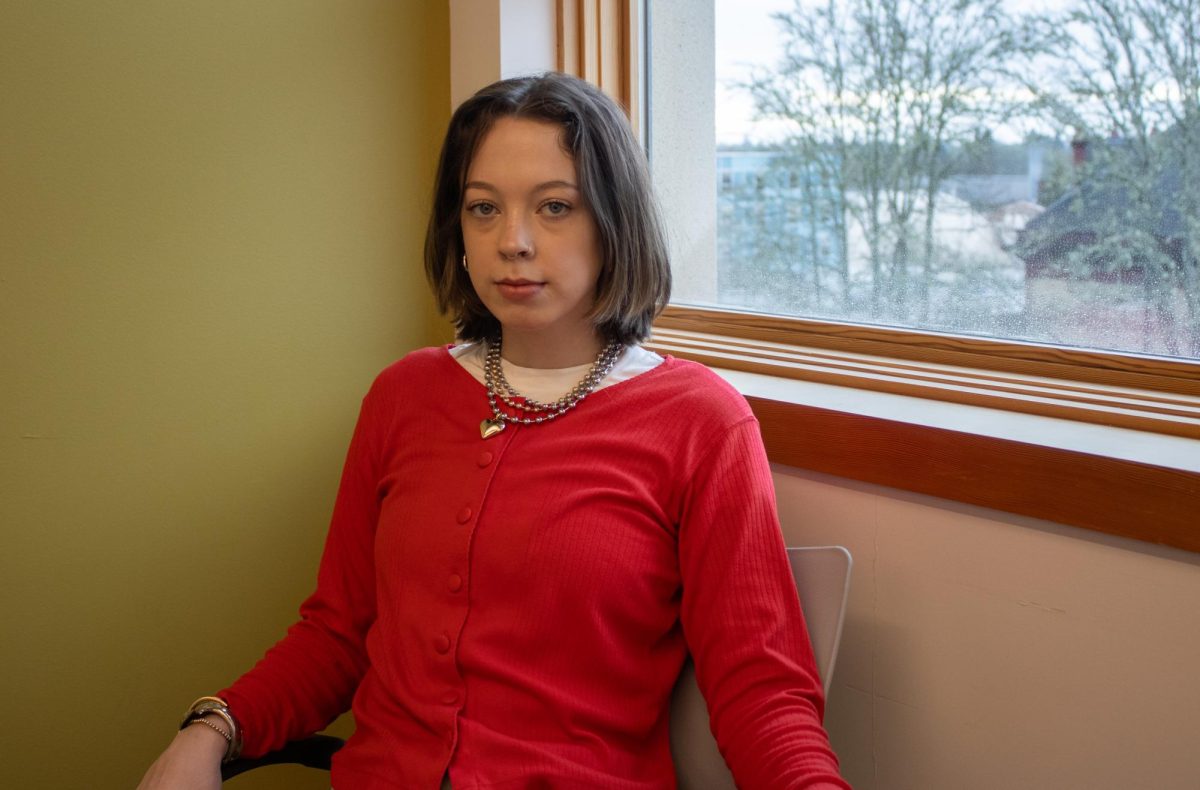
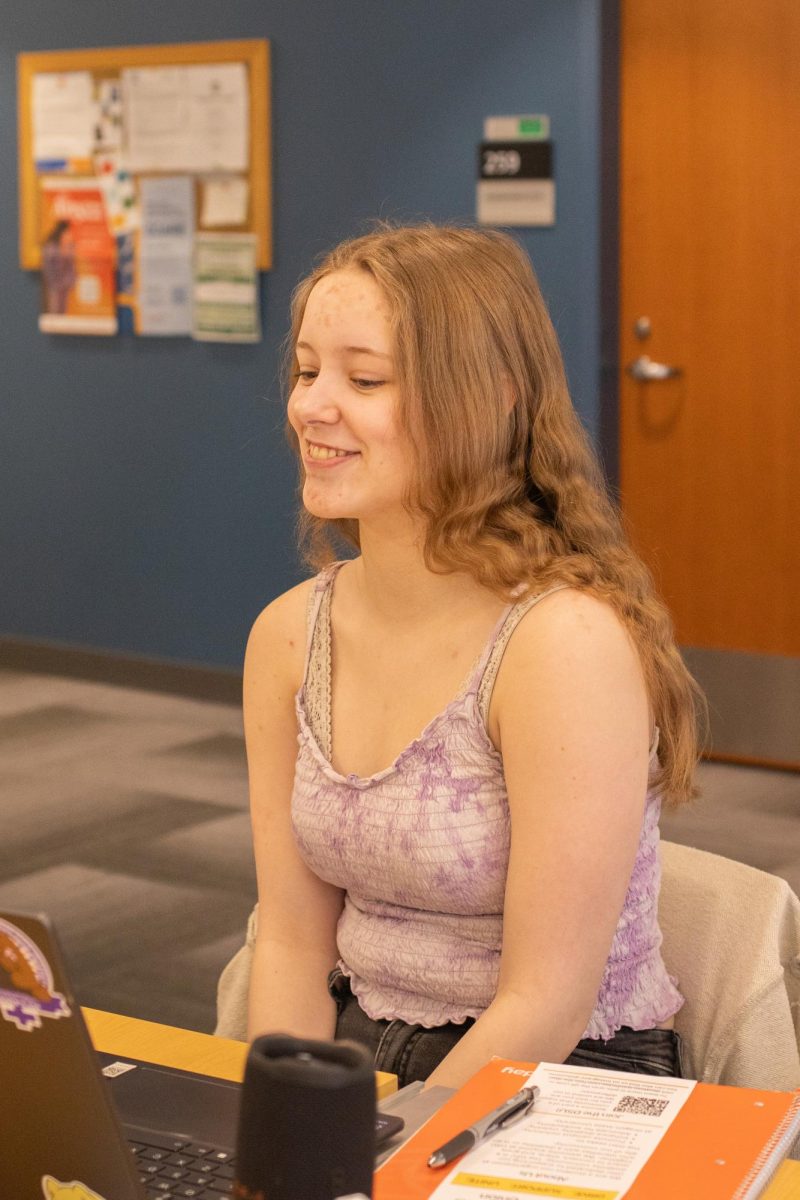


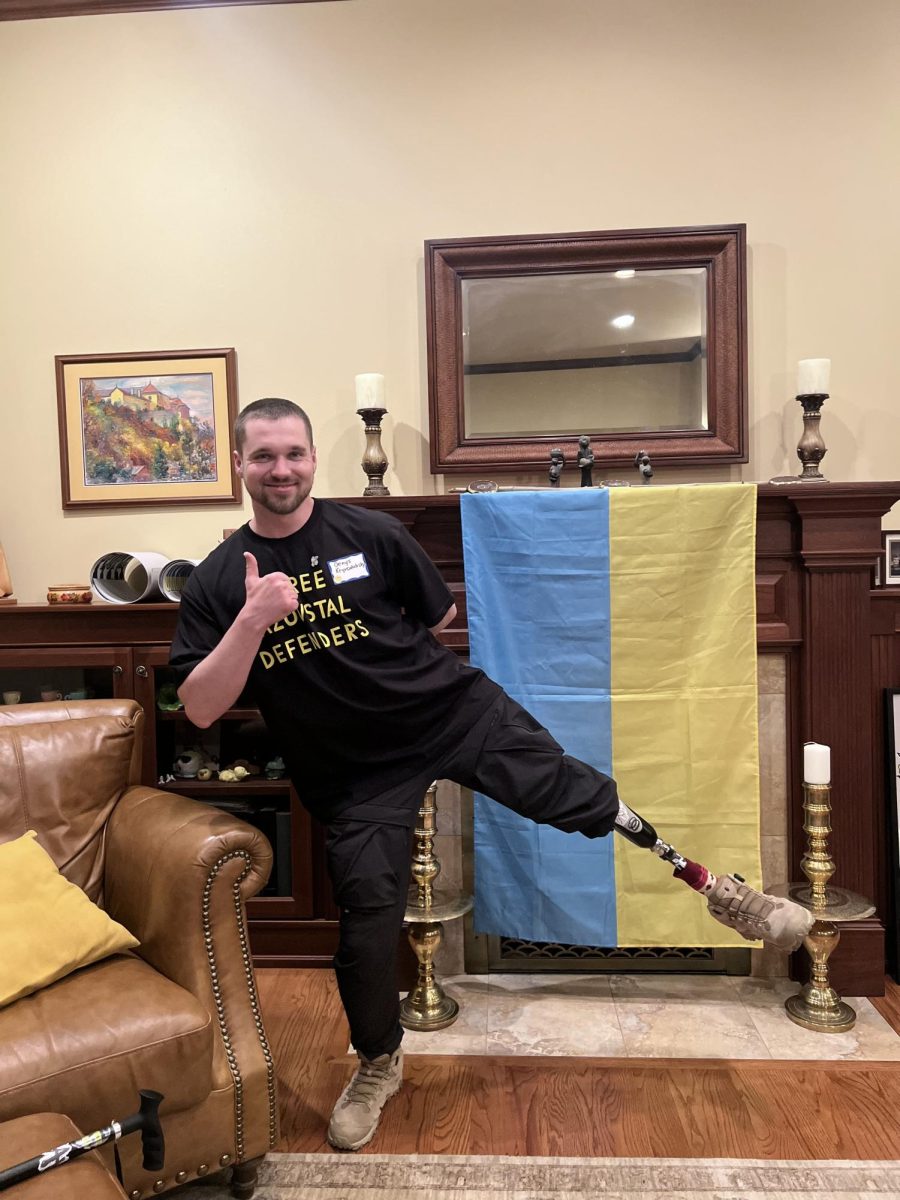
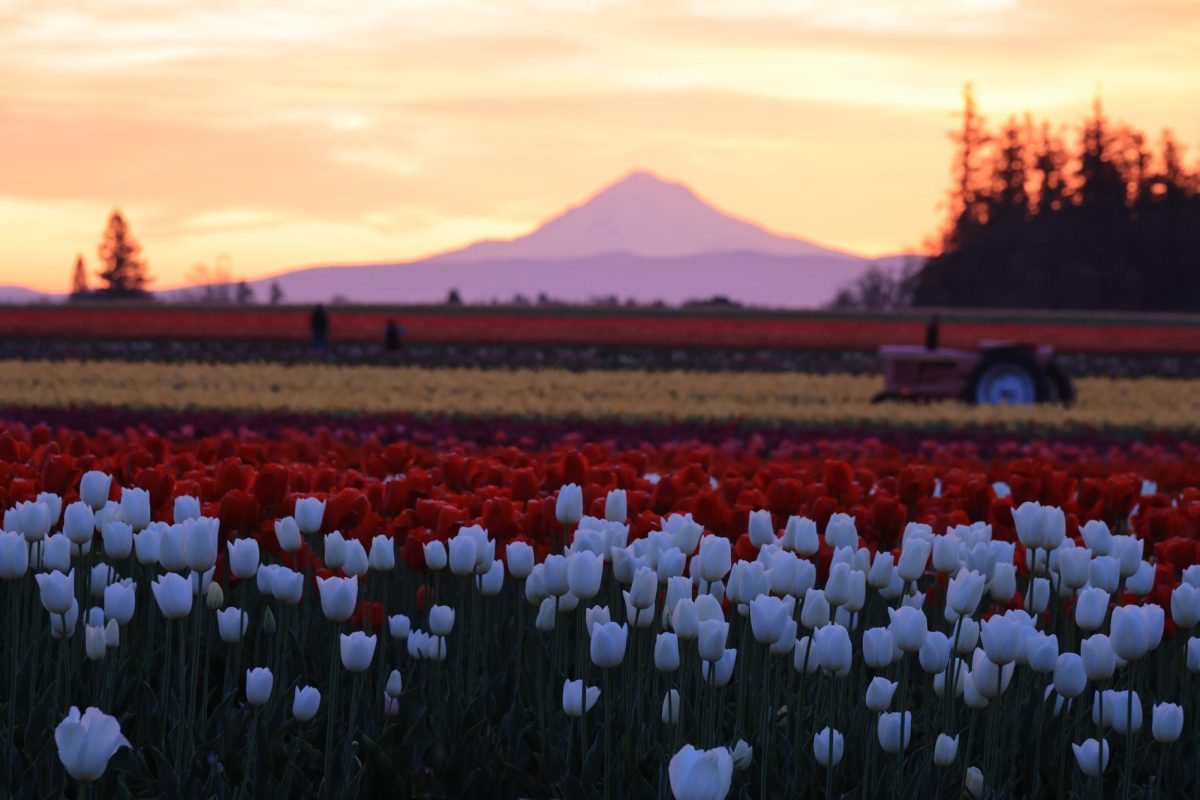
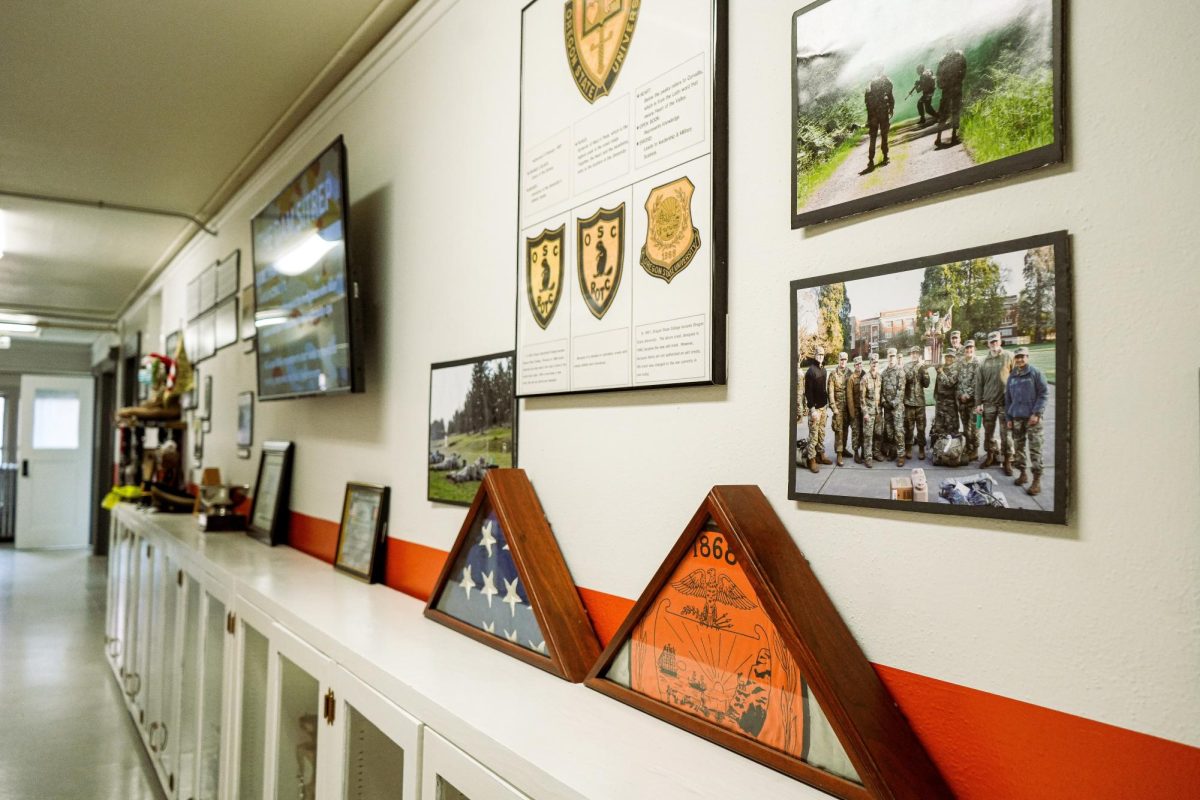
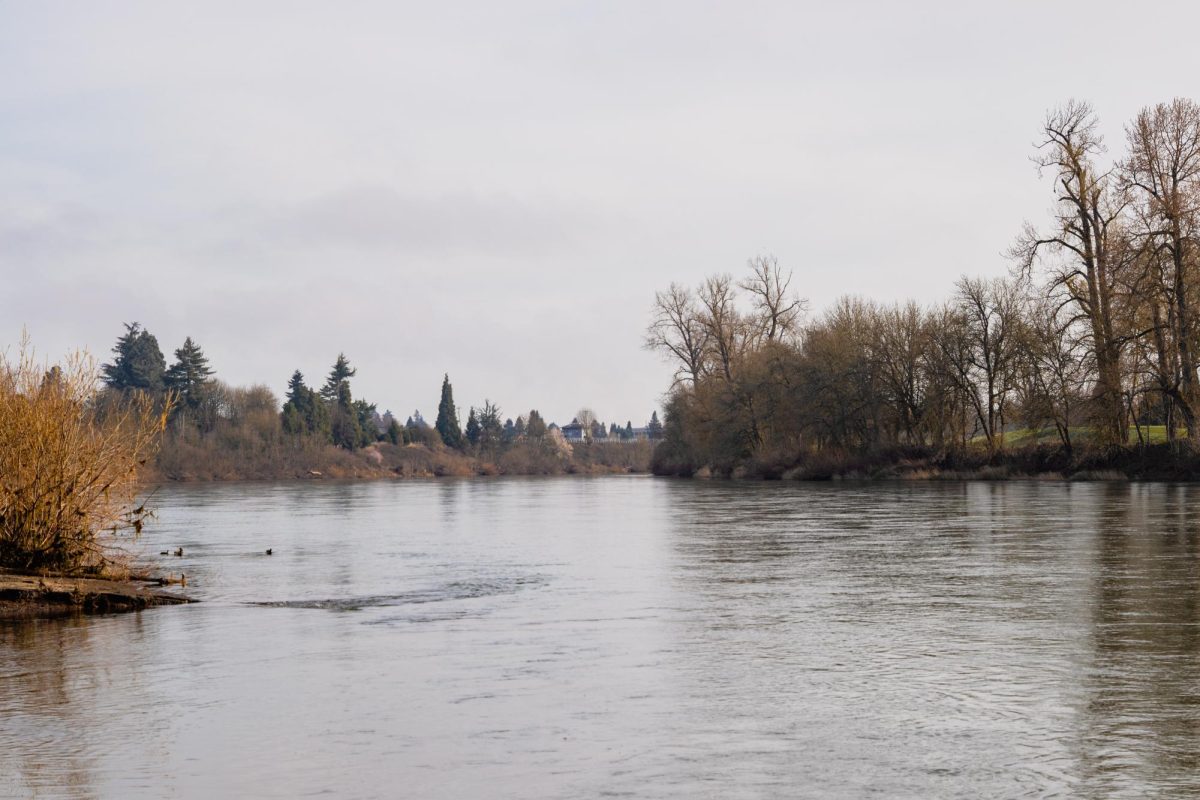









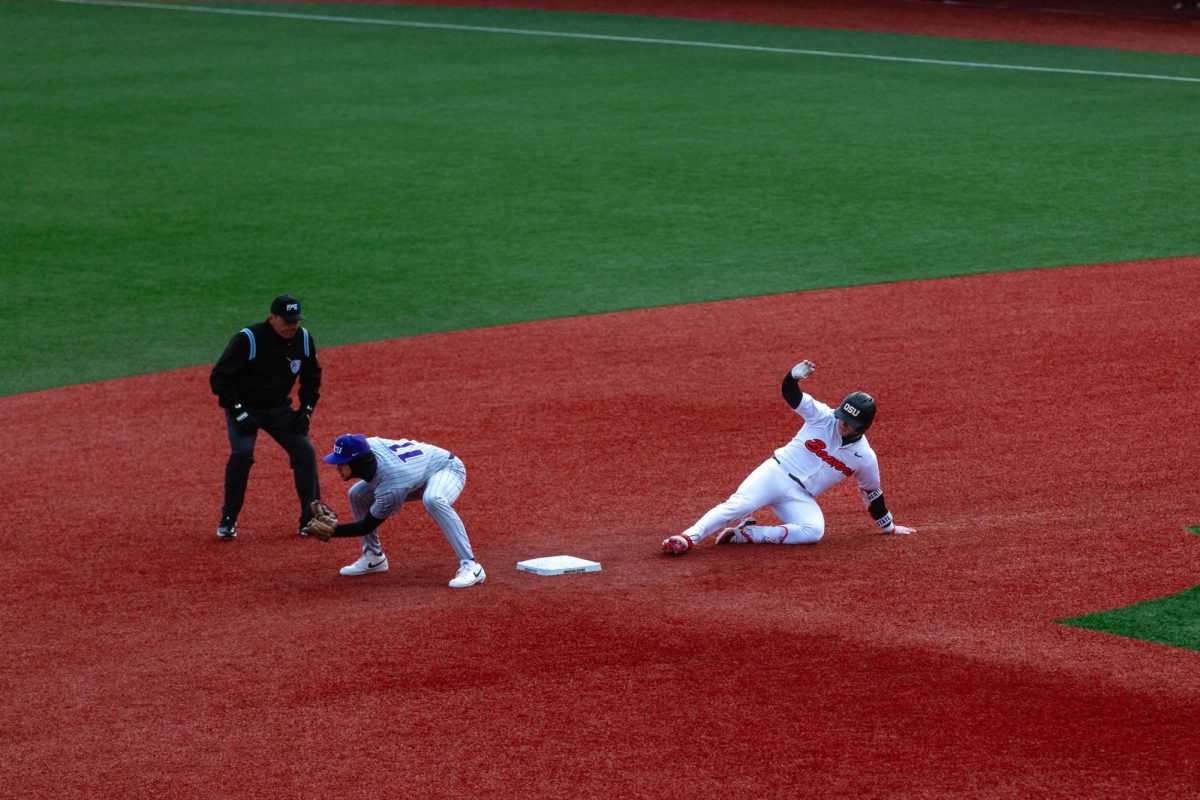
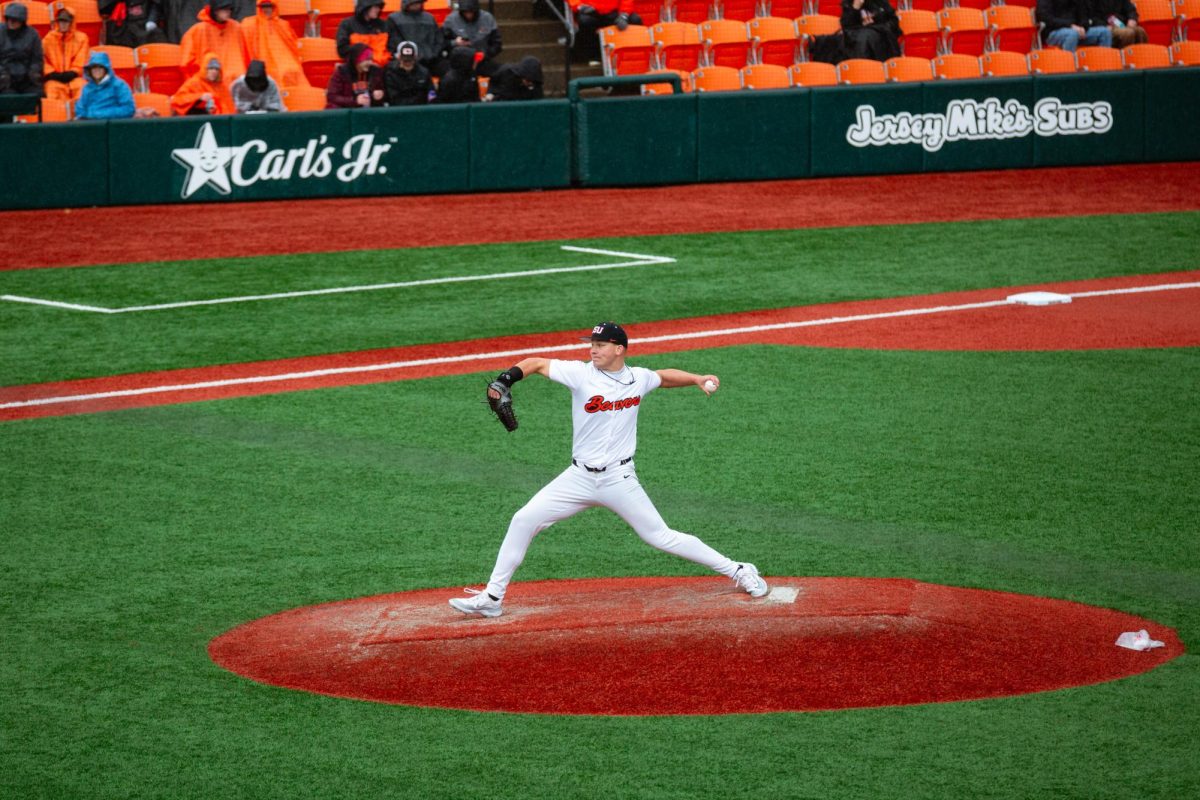






















































![Newspaper clipping from February 25, 1970 in the Daily Barometer showing an article written by Bob Allen, past Barometer Editor. This article was written to spotlight both the student body’s lack of participation with student government at the time in conjunction with their class representatives response. [It’s important to note ASOSU was not structured identically to today’s standards, likely having a president on behalf of each class work together as one entity as opposed to one president representing all classes.]](https://dailybaro.orangemedianetwork.com/wp-content/uploads/2025/03/Screenshot-2025-03-12-1.00.42-PM-e1741811160853.png)
























